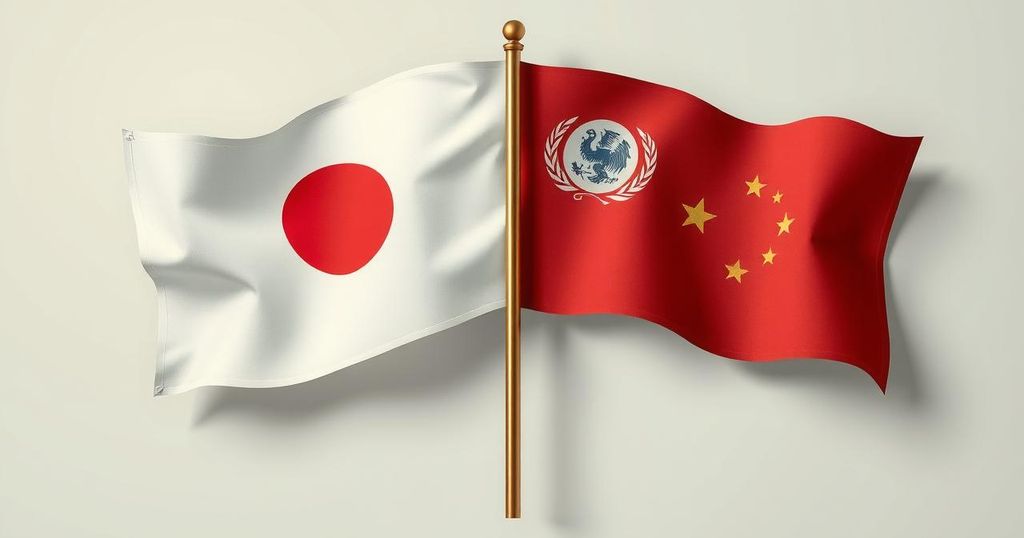US-South Sudan Relations Strained by Visa Revocation and Humanitarian Concerns

The US-South Sudan diplomatic tensions intensified following South Sudan’s refusal to accept a deported individual, leading to US visa revocations for South Sudanese. Secretary Rubio emphasized the need for cooperation, while critics denounce the move as a departure from humanitarian values, impacting many individuals, including TPS holders and athletes.
The diplomatic discord between the United States and South Sudan has escalated following South Sudan’s refusal to admit a man deported from the US, who it claimed was a Congolese citizen misusing South Sudanese documents. This led US Secretary of State Marco Rubio to accuse South Sudan of exploitation, insisting that nations must accept the return of their citizens when deported.
Consequently, the United States Department of State announced an immediate revocation of visas held by South Sudanese passport holders due to South Sudan’s lack of cooperation on deportation matters. Rubio indicated that the situation would be re-evaluated only when South Sudan complies fully with US demands.
The political climate in South Sudan is dire, with growing violence and instability challenging the joint government formed by President Salva Kiir and Vice President Riek Machar since 2020. The US’s decision has sparked apprehensions, especially since many South Sudanese benefit from Temporary Protected Status (TPS), provided due to the ongoing political turmoil in their country.
Critics, such as Egyptian writer Khaled Mahmoud, argue that this action represents a significant departure from the humanitarian values traditionally upheld by the United States. Abiol Lual Deng, an expert in international relations, stated it seems disproportionate to target a struggling nation for what he characterized as an isolated incident.
South Sudanese officials have voiced their disagreement with the US’s stance, maintaining that they had cooperated in all other deportation scenarios. After further investigation, they accepted the Congolese national, affirming their commitment to friendly relations with the United States despite the recent tensions.
The visa actions potentially affect not only TPS holders but also a multitude of South Sudanese athletes, students, and professionals in the United States. A group of North Carolina legislators has appealed to Secretary Rubio, urging a reversal of the visa ban, emphasizing the importance of the South Sudanese community in their state and their contributions to society.
Overall, this situation underscores the fragile nature of US-South Sudan relations amidst ongoing internal crises in South Sudan and highlights the complexities of international diplomacy regarding humanitarian issues.
In summary, the diplomatic conflict between the United States and South Sudan escalated following a visa-related disagreement concerning a deported individual. The US government’s response included revoking all existing visas for South Sudanese passport holders, leading to concerns about the implications for those receiving Temporary Protected Status. Critics have condemned these actions as a violation of humanitarian principles. Ultimately, the resolution of this matter hinges on improved cooperation from South Sudan, alongside the well-being of the many affected individuals.
Original Source: www.dw.com








